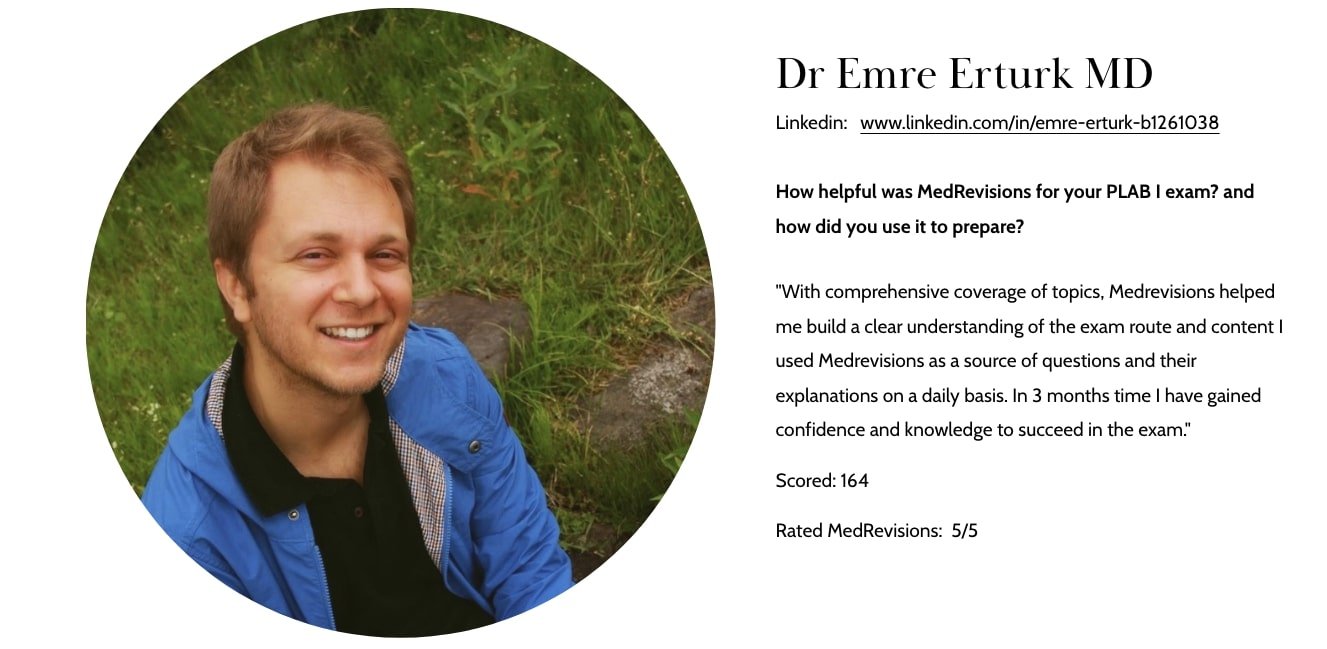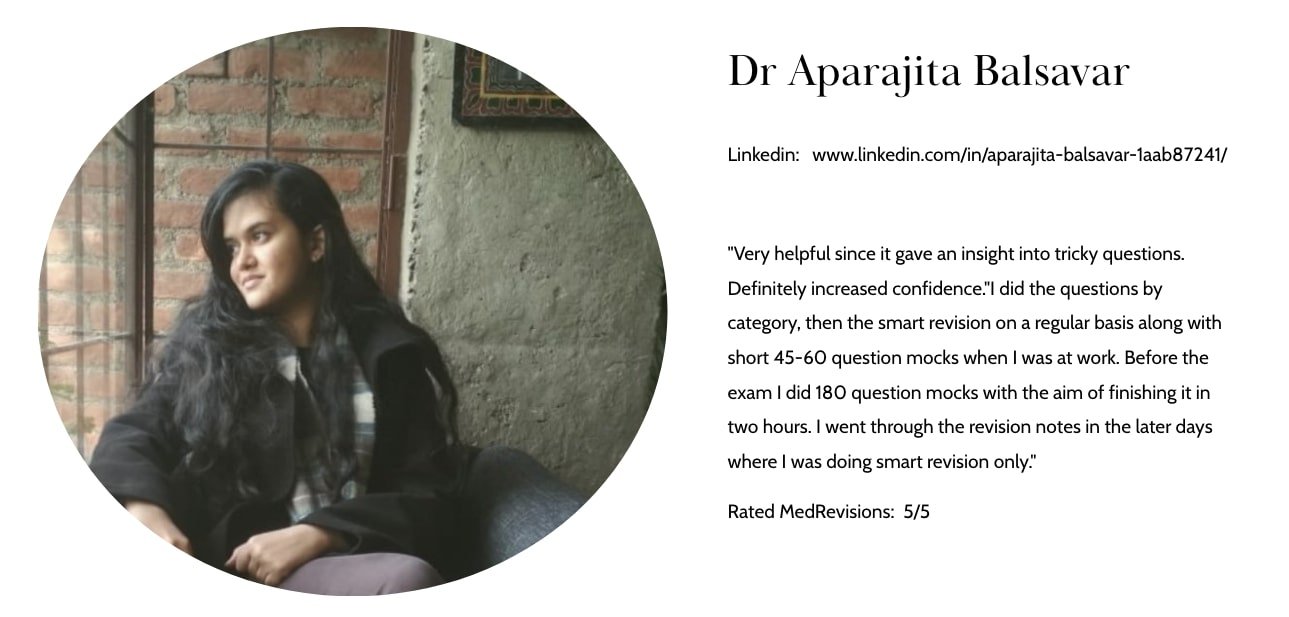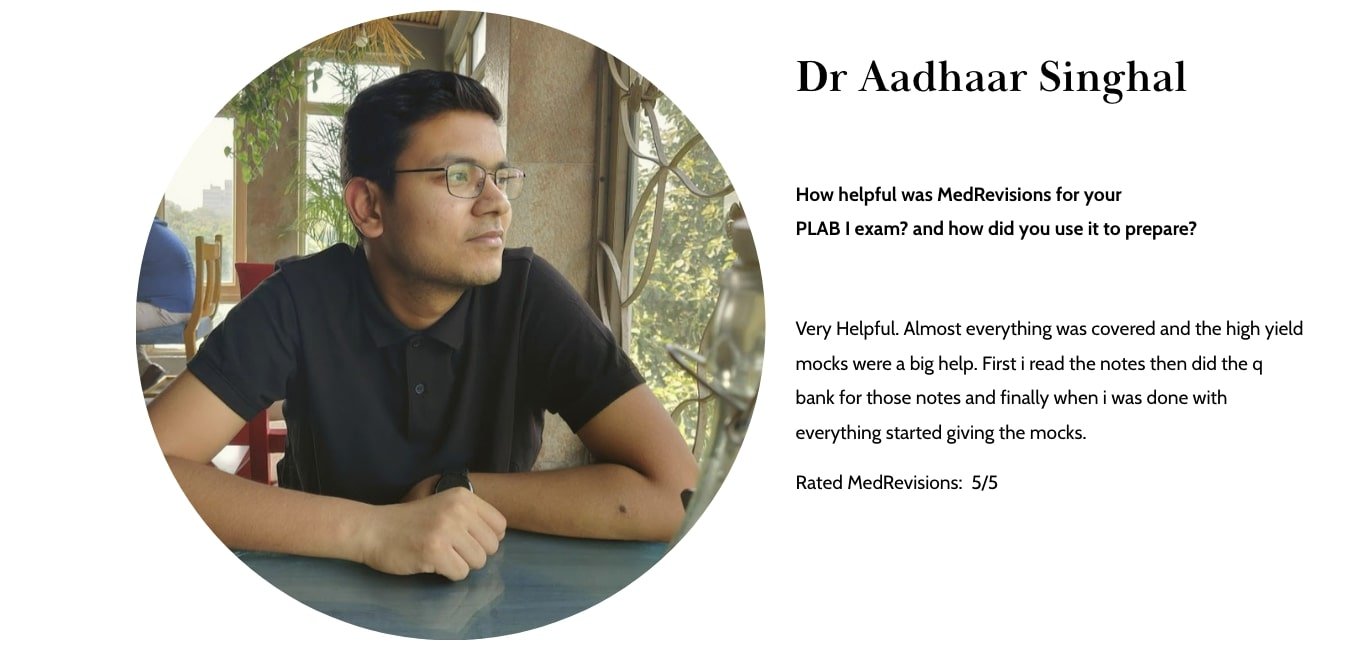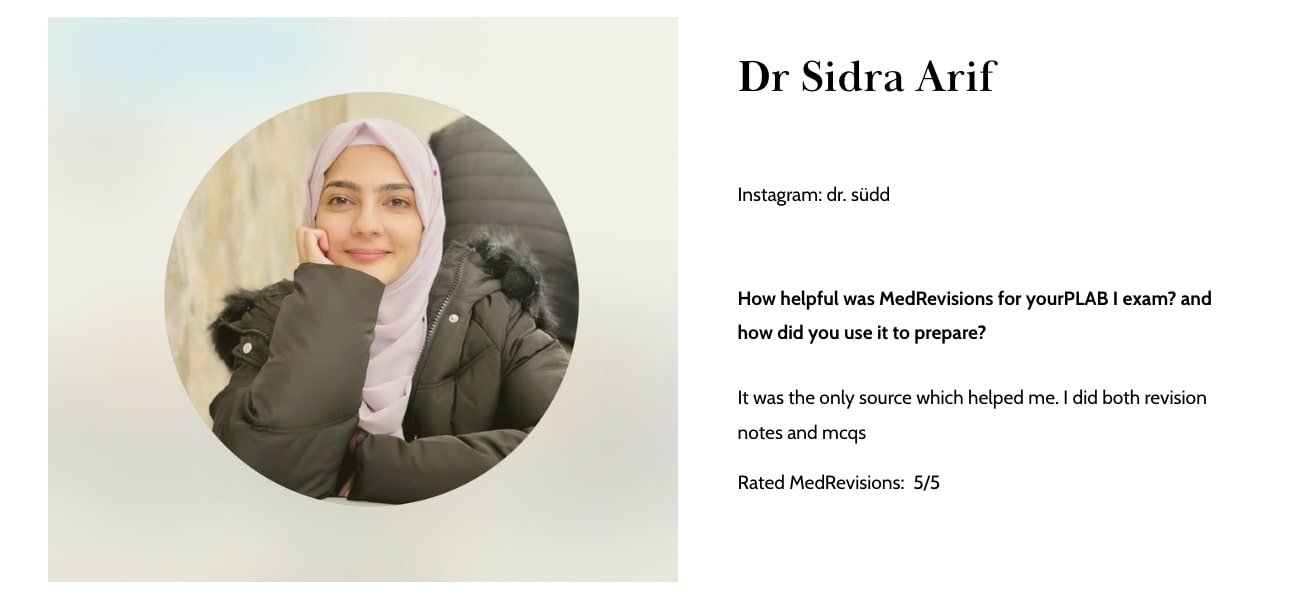Q73: Women’s health: PLAB/UK(MLA)/AKT Exam style question
A 29-year-old pregnant woman, at 16 weeks gestation, presents to the emergency department with a two-week history of severe nausea and vomiting. She reports feeling dizzy and weak. She has been unable to tolerate fluids or food for several days and has lost 6 kg since the onset of symptoms. On examination, she appears dehydrated, her blood pressure is 95/55 mmHg and pulse is 105 bpm. Urinalysis shows 4+ ketonuria and her electrolytes are Na+ 132 mmol/L, K+ 2.8 mmol/L, and Cl- 95 mmol/L. Intravenous fluids are immediately started. What is the SINGLE most appropriate NEXT step in management?
A. Intravenous omeprazole
B. Intravenous dextrose 5%
C. Intravenous thiamine
D. Intravenous sodium chloride 0.9% with potassium chloride
E. Intravenous ondansetron
Past PLAB 1 candidates reviews about MedRevisions with results
Follow us on telegram for more free questions
PLAB or MLA exam Study groups: Find the 10% discount referral links here
Articles with important insight:
Important update to the PLAB exam: Is the PLAB exam based on the MLA content map from August 2024 onward? Find out more about the change and how to prepare for it here.
Evolving Nature of PLAB 1 Exam Questions: Is the exam getting tougher? A Closer Look with examples
What Past PLAB 1 candidates say about us (with exam results)
Detailed Explanation:
The correct answer is D. Intravenous sodium chloride 0.9% with potassium chloride.
This patient’s presentation is suggestive of hyperemesis gravidarum, which is a severe form of nausea and vomiting in pregnancy that can lead to dehydration, electrolyte imbalances, and weight loss of more than 5% of pre-pregnancy weight. It usually occurs before 20 weeks of gestation and is more common in first pregnancies, multiple gestations, and molar pregnancies.
The patient’s electrolyte panel shows hyponatremia and hypokalemia, likely due to frequent vomiting. Rehydration is important in managing hyperemesis gravidarum, but it’s also crucial to correct electrolyte imbalances. Sodium chloride 0.9% with potassium chloride (Option D) is the appropriate choice here as it helps to restore the volume and sodium loss, as well as correct the hypokalemia.
Thiamine supplementation (Option C) should also be considered as a subsequent step in patients with prolonged vomiting to prevent Wernicke’s encephalopathy, a neurological disorder caused by thiamine deficiency.
Intravenous dextrose 5% (Option B) may also be indicated later in the treatment plan, but only after addressing the electrolyte imbalances and thiamine deficiency, as giving glucose in the absence of thiamine can precipitate Wernicke’s encephalopathy.
Antiemetics should be offered as soon as possible after diagnosis of hyperemesis gravidarum to reduce nausea and vomiting. Omeprazole (Option A) can be helpful if there is concomitant gastroesophageal reflux disease or gastritis. Ondansetron (Option E) is a potent antiemetic that can be used in severe cases, although it’s usually not the first-line antiemetic in pregnancy due to limited safety data. It should be considered as a second-line option if other antiemetics are ineffective or not tolerated.
In addition to pharmacological interventions, women with hyperemesis gravidarum should be offered information and support on dietary and lifestyle measures, psychological interventions, and alternative therapies. These include eating small, frequent meals; avoiding foods or smells that trigger nausea; drinking fluids between meals; resting as much as possible; seeking emotional support from family, friends, or health professionals; using cognitive behavioural therapy or hypnotherapy; and trying ginger or acupressure.
This is a high-yield exam PLAB 1/ UKMLA question-style question. At MedRevisions, We provide questions and not only explain the correct answer, we also explain the wrong answer so you will have a comprehensive understanding of the concepts that is commonly tested in the exam. On top of that, we also provide you PLAB 1 / UKMLA exam curated notes with no additional cost.
To discuss to more PLAB or UK-MLA exam questions, Join: PLAB 1 /UKMLA exam study group
At MedRevisions, we strive hard to provide the most up-to-date content available for PLAB Part 1. We constantly add exam-style questions derived from the most recent exam and also update the content to align with the latest NICE/CKS guidelines to ensure doctors pass PLAB Part 1 or UKMLA exam with ease in ONE attempt.
Past PLAB 1 candidates reviews about MedRevisions
How to use MedRevisions effectively for the PLAB 1 exam/ UKMLA exam preparation
Previous PLAB 1 or UKMLA exam guideline update
All MedRevisions recent updates
What we provide:
✅ 4600+ PLAB / UKMLA exam-style questions
✅ Perfectly tailored PLAB / UKMLA exam style notes
✅ 26 exam PLAB / UKMLA exam mocks
✅ Spaced repetition learning tool
Reference:
Nausea/vomiting in pregnancy | Health topics A to Z | CKS | NICE1: This is a summary of the NICE clinical knowledge summary on nausea and vomiting in pregnancy, which provides evidence-based or best clinical practice information regarding the diagnosis and subsequent management of nausea and vomiting in pregnancy across community, ambulatory daycare and inpatient settings. It was last revised in December 2021.
The Management of Nausea and Vomiting of Pregnancy and Hyperemesis Gravidarum (Green-top Guideline No.69) | RCOG2: This is a green-top guideline from the Royal College of Obstetricians and Gynaecologists on the management of nausea and vomiting of pregnancy and hyperemesis gravidarum. It gives advice for multidisciplinary professionals involved in the care of women with these conditions, including how to counsel and support women before, during and after their pregnancies. It was published in June 2016.
Nausea and Vomiting: treatment during pregnancy - SPS3: This is an article from the Specialist Pharmacy Service on the treatment of nausea and vomiting during pregnancy. It includes links to other resources, such as NICE CKS, NICE Antenatal Care, and UK Teratology Information Service.





